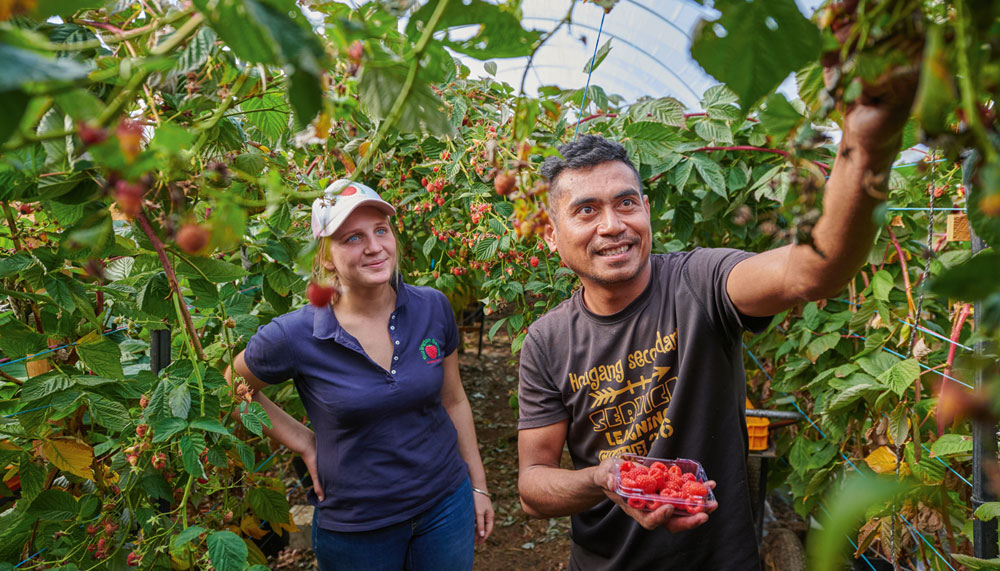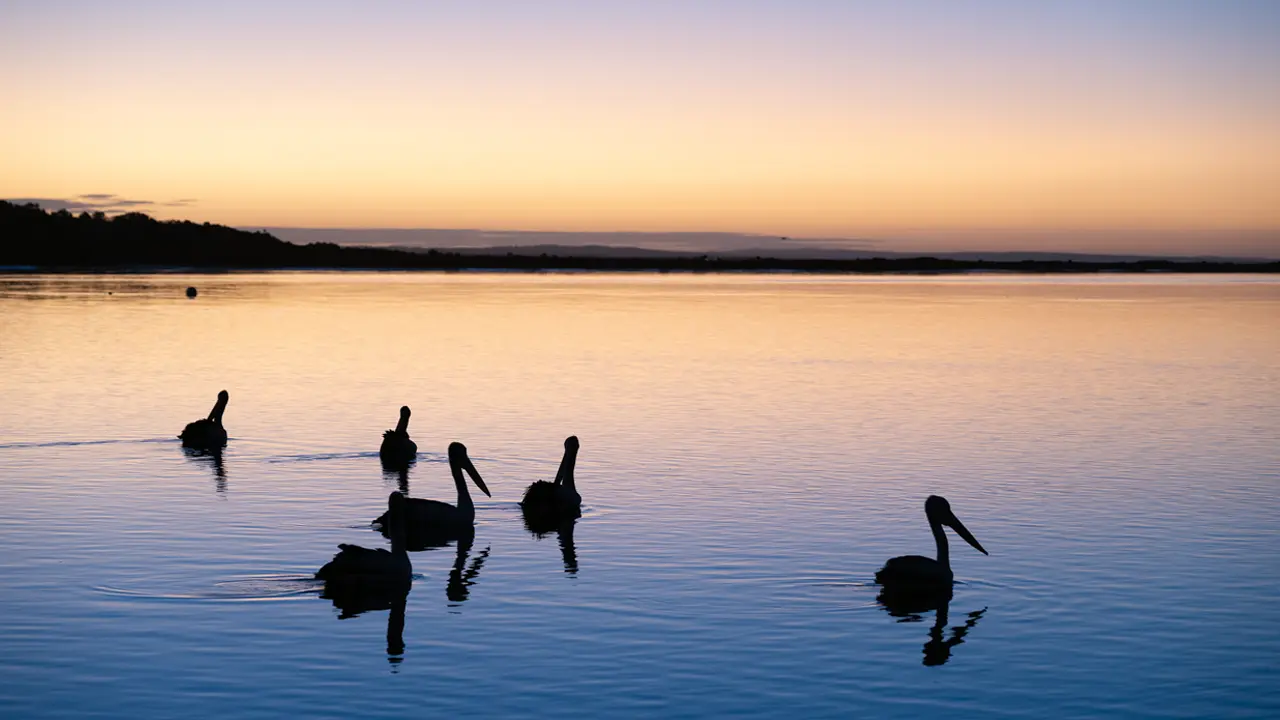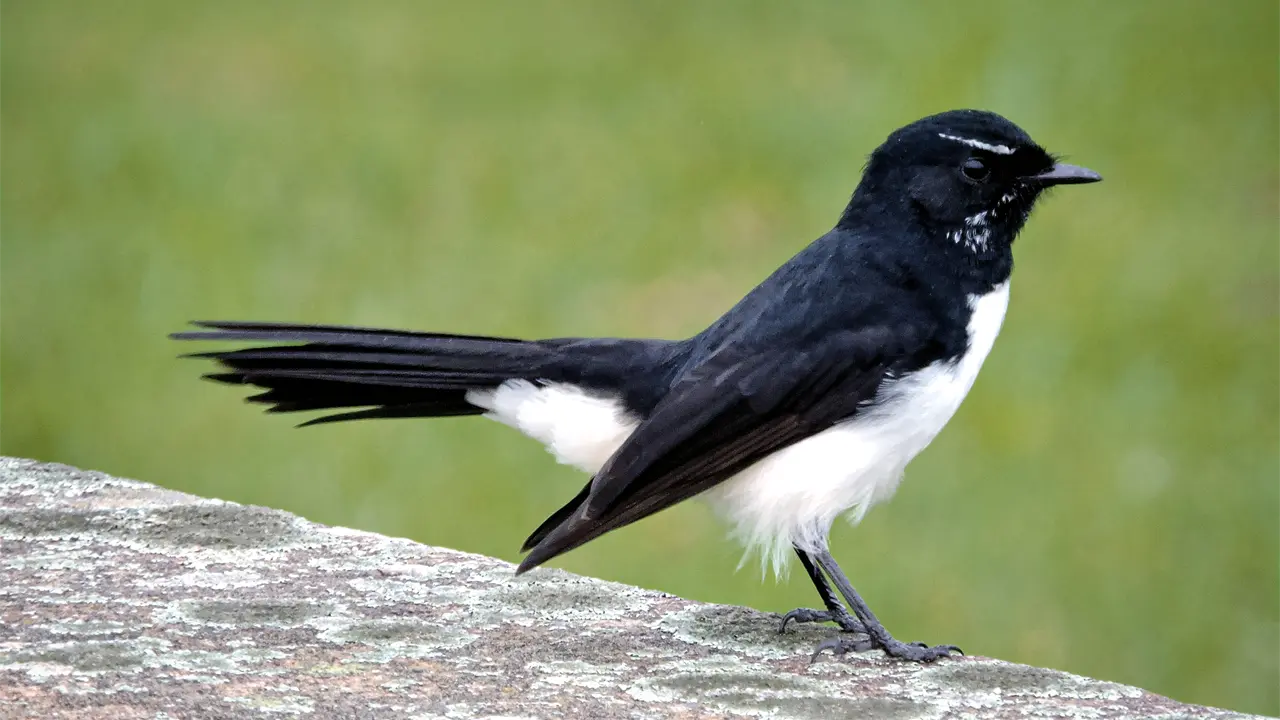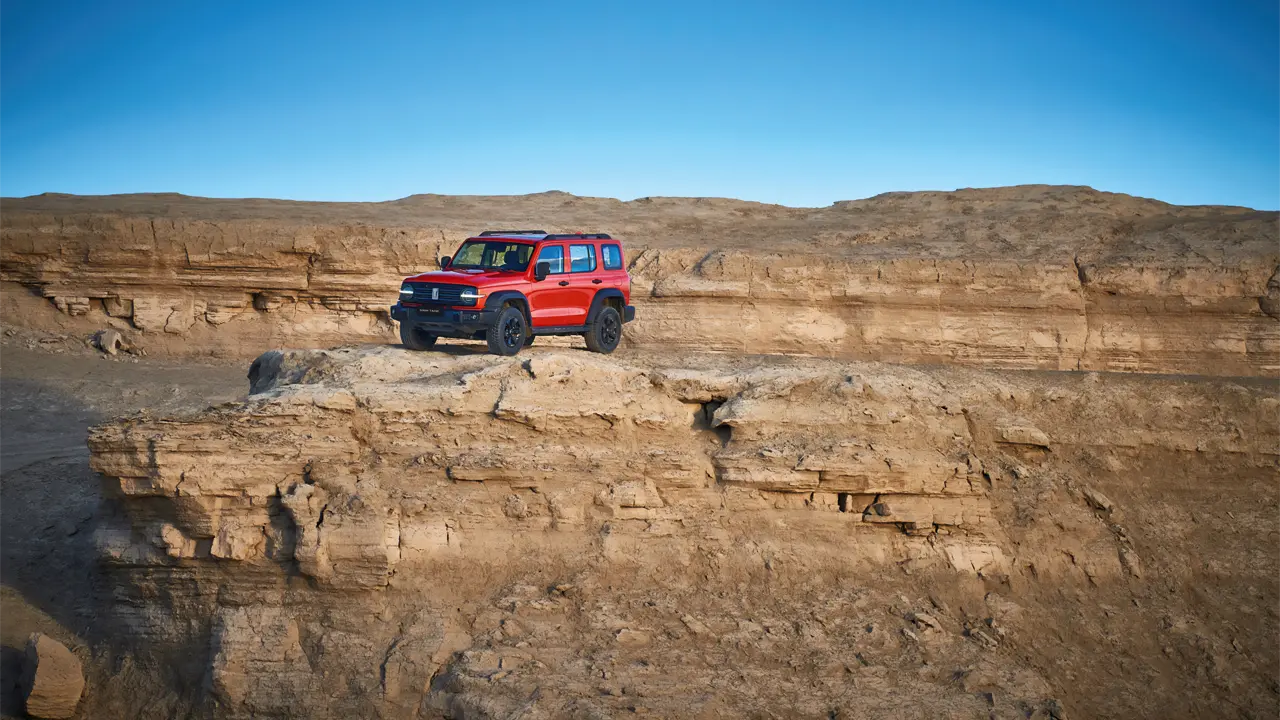The enterprising Sutherland family is reaping the benefits of a move south and a switch to growing berries.
Story + Photos Cormac Hanrahan
In a tunnel of opaque plastic near the town of Cressy, 40km south of Launceston in Tasmania’s northern Midlands, thousands of blackberry bushes form thick orderly rows. Dangling from their canes, held at bay by lines of blue string, are glossy purplish-black berries approaching ripeness.
It’s late April and while the first half of autumn has been mild, it’s not typically a time in cooler locations when summer crops like blackberries are harvested. But Kate and Stewart Sutherland, co-owners of Burlington Berries, are examining and tasting fruits in preparation for picking.
“We’ve manipulated them to grow out of season,” Kate says. “We cut them when they should have been berrying and now we’re feeding them to stimulate fruiting. We’re trying to hit a market window when the price is better.”
The blackberries are an experiment in ‘forced fruiting’ that the Sutherlands hope will pay off.
“With a few more sunny weeks we’ll have a good crop when no-one else does and the price will be double what you’d get when there’s plenty around,” Stewart says.
Blackberries make up just three of the 48ha covered by 480 100m long plastic-covered tunnels. The rest are split fairly evenly between strawberries and raspberries, and produce around 1700 tonnes of fruit a year, making the Sutherlands one of Tasmania’s top five berry producers.
This story excerpt is from Issue #138
Outback Magazine: August/September 2021










